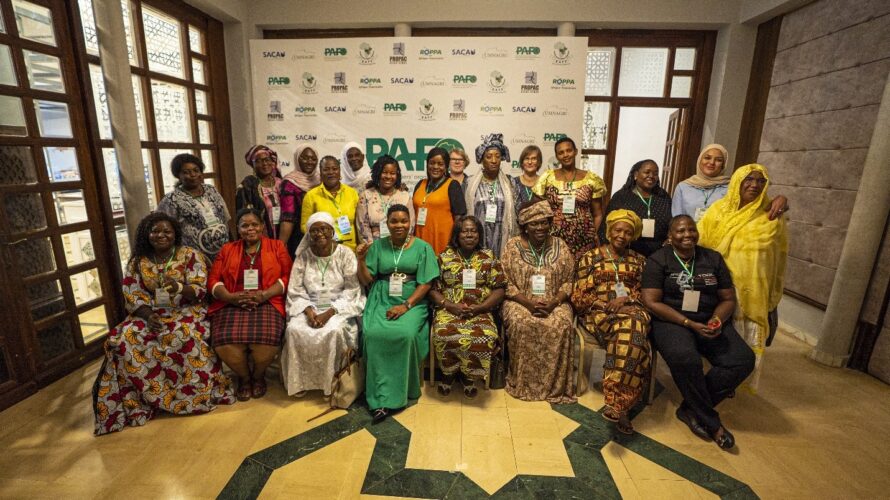As the world celebrates International Women’s Day, it is essential to reflect on the progress made in gender equality, particularly in critical sectors for global sustainability, such as agriculture.
The commitment of PAFO to gender inclusivity in agriculture is a commendable step towards a more equitable and resilient future. By establishing the Continental Women’s College within PAFO, the pan-African organization aims to amplify the voices of rural women, ensuring they play a central role in shaping the future of African agriculture.
Despite their crucial role in food systems and agricultural transformation, women face obstacles that hinder their full potential. To materialize this vision, a committee consisting of five female farmers from PAFO member networks has been formed. This committee is tasked with establishing Women’s Colleges in underrepresented regional networks and initiating the creation of the PAFO Women’s College, with the president to be elected at the next PAFO General Assembly in 2025.
The imperative to establish “Women’s Colleges” within farmer organizations (OPs) is based on a thorough analysis of the challenges women face in agriculture. The idea is to ensure equitable representation within OPs that can leverage the diverse experiences and knowledge of women, enabling more holistic approaches to address the varied realities of African agriculture.
Drawing inspiration from successful models like the PROPAC Women’s College and ROPPA Women’s College, PAFO aims to replicate these positive impacts at the national, regional, and continental levels. Women’s Colleges aim to empower rural women, strengthen their influence in decision-making processes, and catalyze positive changes in local communities.
Moreover, the PAFO Women’s College includes ensuring women’s representation on the board of directors, integrating women’s concerns in family farms and value chains, enhancing women’s participation in decision-making, and serving as a representative platform at the national, regional, and international levels.
On this International Women’s Day, let us recognize and support initiatives that promote equality and empower women in all sectors, particularly in agriculture.

